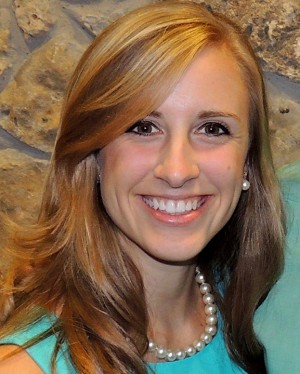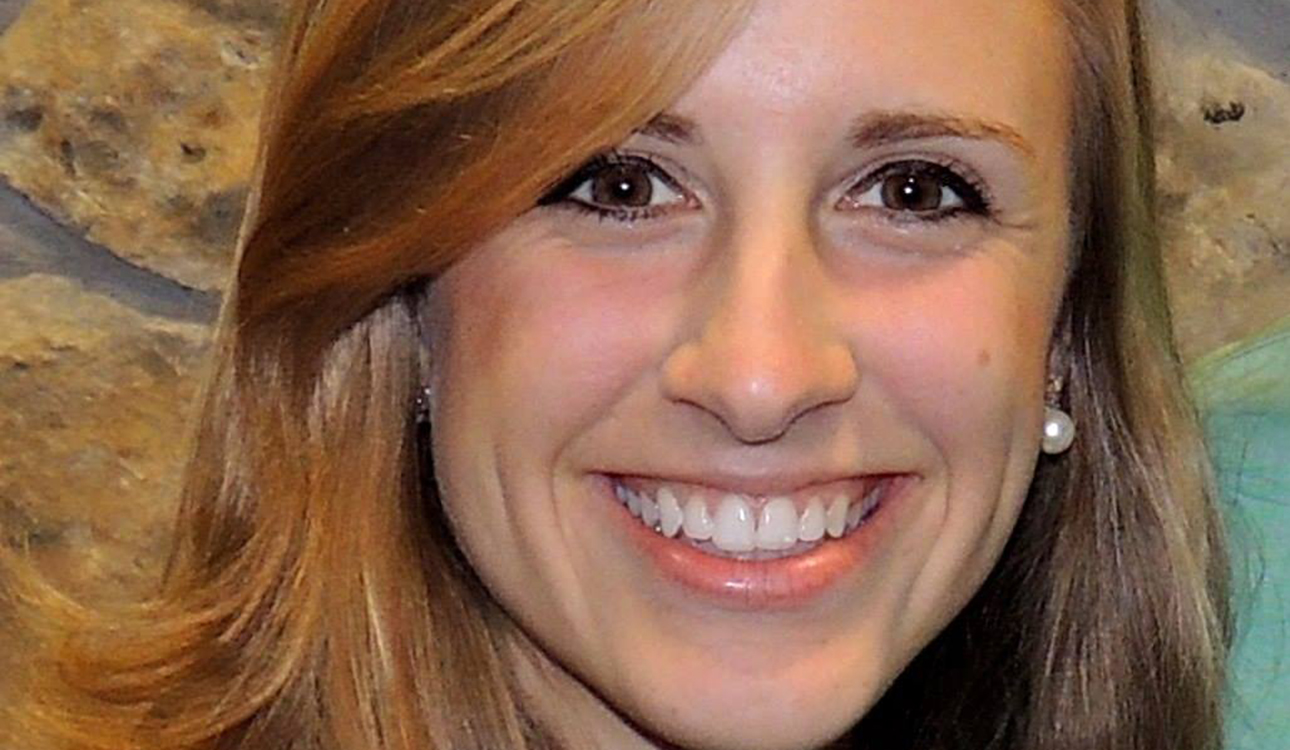
By Hannah Adams
When I think about my time here at Baylor, I think about a whirlwind of incredible experiences: listening to Sandra Day O’Connor speak, cheering on an amazing football team and consuming copious amounts of spicy jalapeno dip at Chuy’s. But I also think about that gnawing question: What in the world am I going to do after I leave here?
Although the question is the quickest way to get any senior’s heart pounding and palms sweating, I, like many of you, have several ways I could answer it. I could look for a job in politics, I could stop toying with the idea and just apply to law school, I could go to Europe or Asia and teach English. I have choices.
But the question of what I could do after graduation actually has a second part – what should I do? And as I turned each choice over in my head, none of them felt quite right.
The truth is, I lead a pretty privileged life. As overwhelmed as I feel knowing I have so many post-graduate choices, I also know I’m incredibly lucky. I worked hard to get to and through college and faced struggles along the way, but I went to a high school where kids were expected to graduate and we had plenty of extra support and resources to help us plan our next chapters.
Whenever I needed support, I never had to look far. And it wasn’t just my family and teachers that encouraged me.
Examples of successful people who look like me were all around, from the people I saw on campus during college visits to the majority of government leaders and actors I watch on TV. Everywhere I turned, society told me I could be successful.
But I know that the same isn’t true for kids all across the country. When I was growing up, I couldn’t wait to wear a college hoodie or lug important-looking philosophy books across a picturesque campus.
But too many kids lack the opportunity to even imagine a fulfilling future for themselves. That in no way reflects kids’ capabilities. It’s a result of deeply entrenched systems of oppression that have denied low-income kids equal access to opportunity for decades.
I know that I can use my experiences to help kids battling these odds imagine an ambitious future they define for themselves, and make that future a reality.
More importantly, I believe I should.
I applied to Teach For America because I believe that privilege is an undeserved gift, but also a responsibility. I didn’t have a summer in Italy, the chance to help a professor with research for a book and an unending supply of Starbucks coffees because I earned them. I had all that because I was born into the resources and support I needed to secure them.
I want to be part of both creating a more just system – both through my own efforts and those of the students I can’t wait to meet.
I didn’t decide to teach because I think I’m going to be a hero. This work will be incredibly challenging and I will have to push myself harder than I ever have to give my students the education they deserve. I will need to learn from the parents, teachers and community members who have been working toward justice and equity long before I arrived.
But I don’t want a job that lets me turn a blind eye to the injustice kids face every day. I want one that forces me to feel uncomfortable and outraged as I look injustice in the face and fight it with all my heart.
I want one that holds me accountable for the injustices that plague our communities – because, although I did not create them, I’d still bear responsibility if, knowing them, I chose not to act.
When I become a Teach For America corps member after graduation, I’ll be joining a network of more than 47,000 people working relentlessly to make access to opportunity equitable. It’s a network of leaders vastly diverse in background and experience, working across sectors to create change.
But we are all united around the fundamental belief that a quality education is not a privilege – it is a right.
We can fight to ensure all students get to enjoy that right. As you think about what in the world you’re going to do after you leave here, I hope you’ll join us.
Hannah Adams is a senior University Scholar at Baylor. She is also the President of The Pulse Research Journal and a 2014 Tri Delta Sing Chair.






